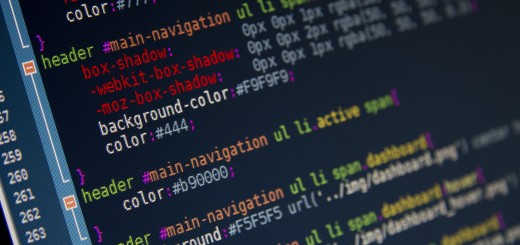Every day, we find ourselves surrounded more and more with artificial intelligence (AI) technology. From Amazon Alexa to self-driving cars, AI is progressing at a rapid rate. AI has the ability to encompass anything, such as Google’s search algorithms, and AI in robotics has been seen to have many human-like characteristics.
Today, artificial intelligence is correctly known as weak or narrow AI. This is because it has been designed to carry out narrow tasks and is only confined to doing one thing at a time; for example, it will only do an internet search, or will only drive a car, or will only perform facial recognition. The long-term objective of AI development is to generate strong or general AI (AGI). Even though narrow AI has been proven to outdo a human, whether it’s a specific task like solving an equation or playing chess, AGI would have the ability to outperform humans at nearly every single cognitive task.
With so much power, controversy does lie amongst researchers and the public, so today we will be exploring both the benefits and the risks of such powerful technology.

Why Research Needs to Go into AI Safety
The purpose of AI is to benefit society, and this is what drives the research into specific fields. From economics and law to technological sectors and areas such as security, control, validity and verification, there is no area that isn’t being looked into. AI is a technology, and as we all know, technology can be subject to crashing and getting hacked. If this happens to your smartphone or laptop, although it is a nuisance and inconvenient, there are ways to go about fixing it. However, if your AI system that operates your car, an airplane, your automated trading system, pacemaker or power grid undergoes the same technical faults, the result will be a lot more catastrophic and even life threatening.
The Long-Term Plans for AI
The longstanding plans for AI need to ensure that the strong AI prospers and can carry out cognitive tasks better than a human. This does have the potential to trigger an explosion of intelligence, which could result in human intellect being left far behind. However, this superintelligence could bring many benefits, such as aiding us to eradicate war, poverty and disease. The manufacture of such a strong AI could even be the largest and most life changing occurrence in human history. Many experts and researchers are expressing concern over the power of this technology and have stated that we do need to understand how to align the goals of artificial intelligence with our own before it gets to the level of super-intelligent.
Dangers of AI
The majority of researchers agree that human emotions such as love and hate won’t be able to be exhibited by super-intelligent AI. This means that there is only a small risk of AI becoming purposefully malevolent or benevolent, but there are a number of other dangers that can be associated with the technology. Firstly, AI could be calibrated to do something harmful; autonomous weapons are AI systems that can be set to kill. If the wrong person was to get their hands on this technology, these weapons would easily have the ability to cause events that could potentially be catastrophic. To make them stronger, these weapons would be fabricated to be very difficult to ‘turn off,’ which means that it could also be very easy for us to lose power over these weapons and the situation in which they are being used for.
These risks are present in all kinds of AI, but as the intelligence grows, so do the dangers. Another danger of AI is that a harmful method could be developed to help achieve a goal that is supposed to be beneficial. This can occur if we don’t exceed at fully aligning the goals of AI with our own, which isn’t an easy task. For example, if you asked an obedient and smart car to get you to a destination as quickly as it can, then you could cause an accident or be followed by helicopters, but the car will literally be doing what you instructed it to do. If this was applied to AI that is supposed to look after us or an ecosystem, the effects could be devastating.
Benefits of AI
As things advance, they become more complicated, but with the right control and development, AI could be the solution to doing something as big as saving the planet. It has the ability to take care of us as well as the environment that surrounds us. The efficiency and throughput can be enhanced, and it reduces the need for humans to perform tedious tasks. It also increases the number of jobs available, helping to increase the strength of the economy. As well as this, it makes our lifestyles easier, supervises learning for telemedicine, increases automation, solves complex social problems, extends and expands creativity and benefits a number of different industries. All of this can be applied to specific areas, such as medicine or learning and this can, in turn, make us thrive as a species and as a planet. Without AI, we could struggle to achieve many of the things that could potentially save us in the future.
Working in AI
With so much to discover and with so much potential, a career in AI is a great thing to consider going into. How great would it feel for you to be involved in the development of such a fantastic event in human history? If you have the right frame of mind, intelligence, and an interest in this technology, finding the right course to study will be the first step to being part of its development. There are a number of courses available that you can study both in the classroom or online. A masters in electrical and computer engineering from an institution like Kettering University Online will be the highest band of education required before being hired by the experts.
Artificial intelligence is a complicated area of technology. There are many fantastic benefits to this technology, but unfortunately, there are many dangers associated with it as well. With the right people, patience and development, this technology could be the solution to every problem we face as a species and as a planet.




